Old slave castles an ‘asylum’ for nature
Jiacheng Sun on the incorporation of plant structures into old slave structures in Ghana, and their preservation as a result.
Our journey to Elmina
Gilda DeDona on the transition from tourist to researcher in her first weeks at a summer field school in Ghana.
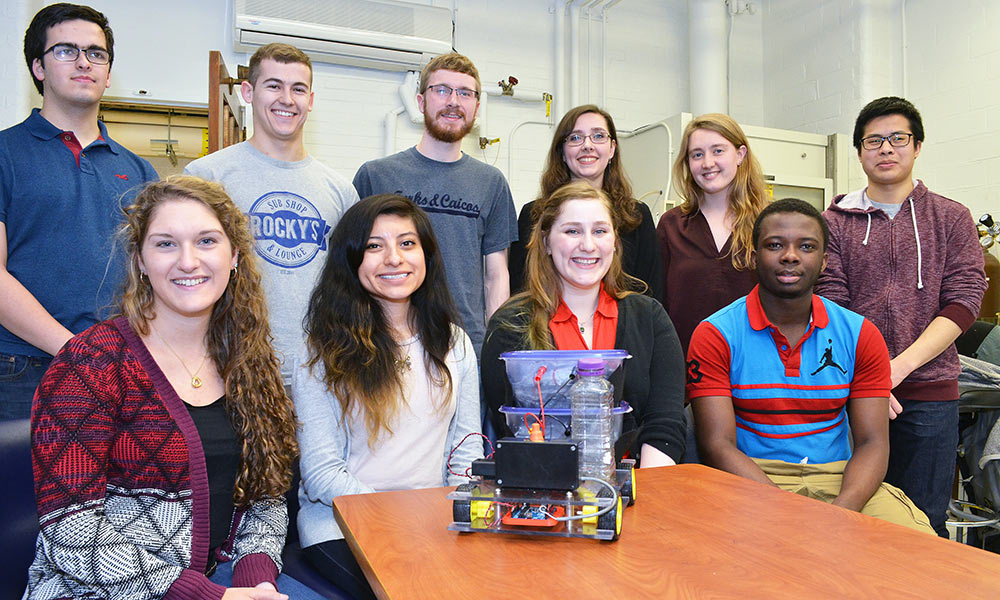
Chem-E-Car team shows its spirit at regional competition
Members of the fledgling Chem-E-Car team went head to head against powerhouse teams from Cornell and McGill at their first-ever regional competition last month. The event features vehicles students build from scratch, powered by chemical reactions.
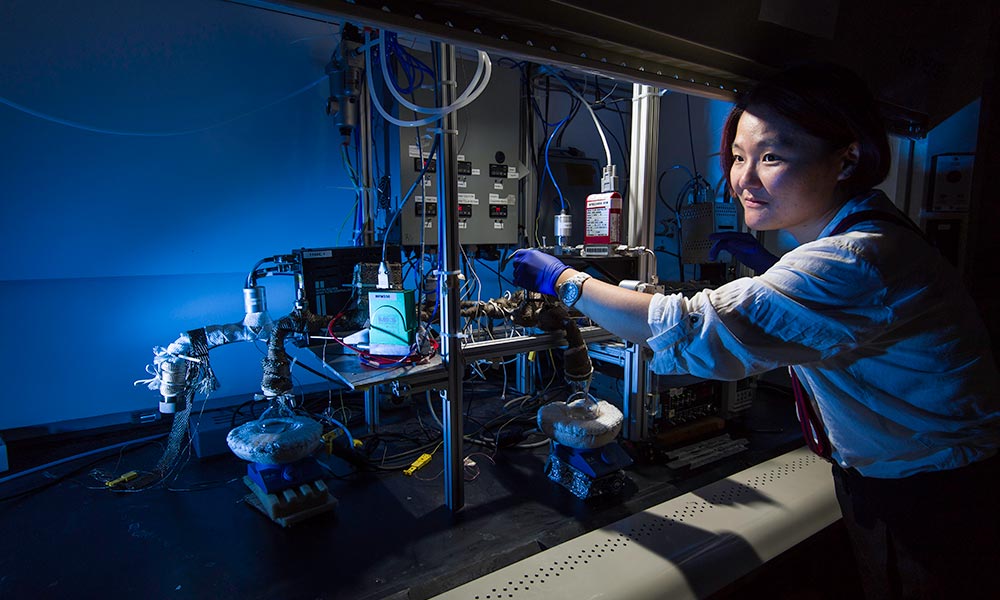
Building a better battery, large and small
If chemical engineering professor Wyatt Tenhaeff and his students succeed, their work will help create the next generation of batteries so slim they can fit inside clothing, and so large they can power a car without risk of fire.
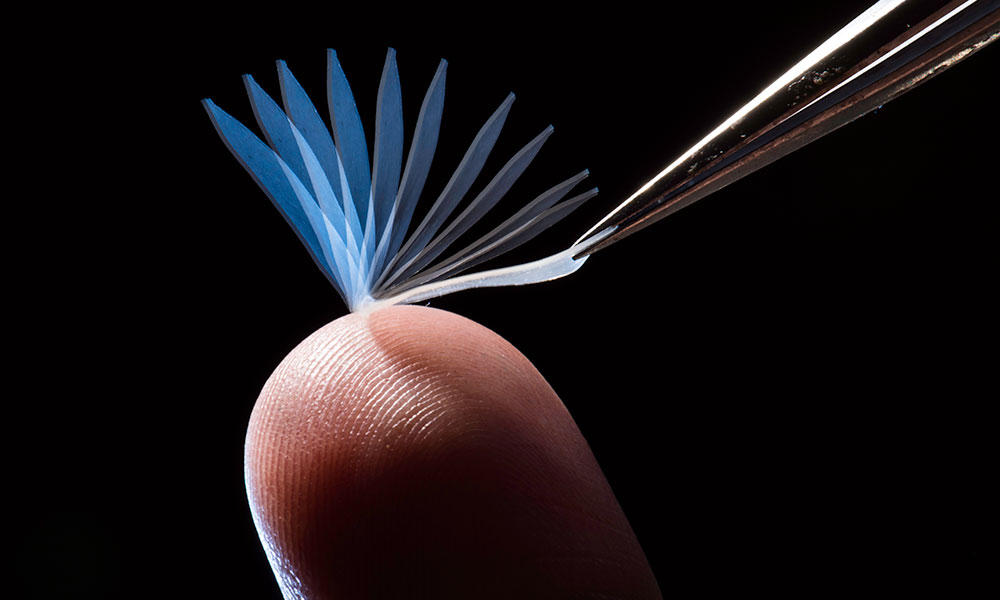
Body heat triggers shape change in new type of polymer
Polymers that visibly change shape when exposed to temperature changes are nothing new. But a research team led by chemical engineering professor Mitch Anthamatten has created a material that undergoes a shape change that can be triggered by body heat alone, opening the door for new medical and other applications.
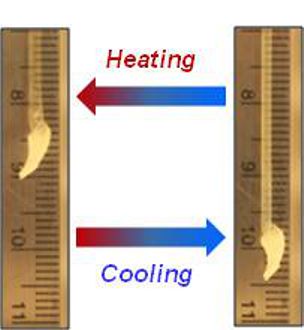
New self-stretching material developed at University of Rochester
Although most materials slightly expand when heated, there is a new class of rubber-like material that not only self-stretches upon cooling; it reverts back to its original shape when heated, all without physical manipulation.
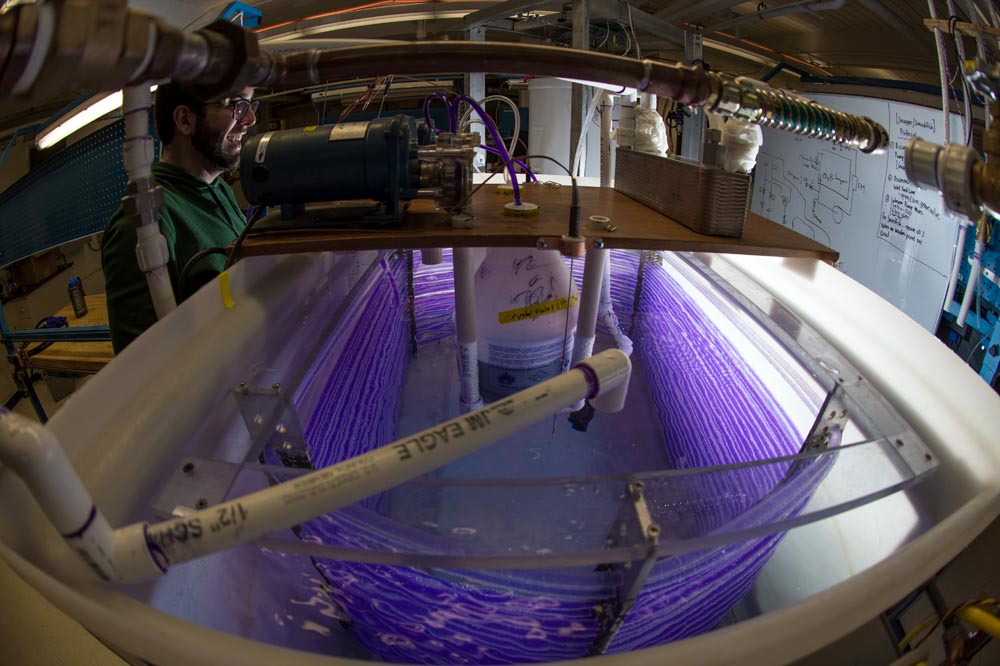
Totally tubular
Senior chemical engineering student Erik Laurin monitors an experiment on his team’s senior design project– a tubular reactor that will be used for experiments in the junior chemical engineering lab in Gavett Hall.
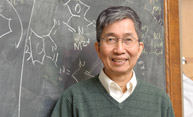
Researcher honored as Thomson Reuters Citation Laureate
Ching Tang, a professor of chemical engineering at the Hajim School of Engineering and Applied Sciences, is being recognized as one of the most influential researchers in the field of chemistry. Thomson Reuters has named Tang one of this year’s 26 Citation Laureates for his role in inventing the organic light-emitting diode (OLED).
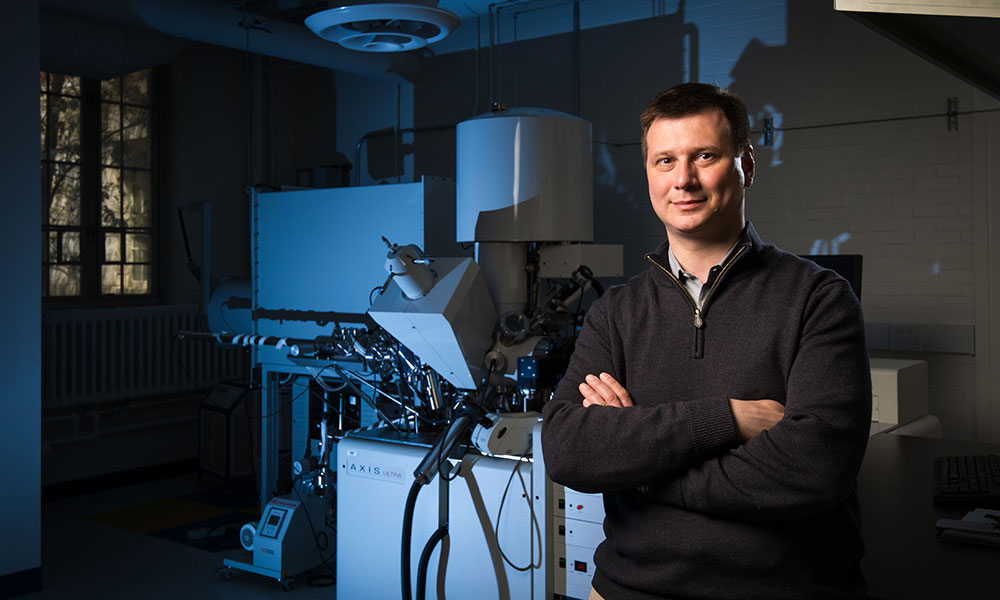
Progress made in developing nanoscale electronics
How can you reliably control the current that flows from one electrode to another in a circuit that is the width of a single molecule? The key, according to assistant professor of chemical engineering Alexander Shestopalov, is adding a second, inert layer of molecules.
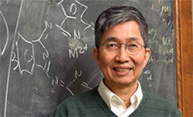
Ching Tang Honored as Pioneer of Organic Electronics
The a professor of chemical engineering is being honored on two continents within the next week for his pioneering work on organic light-emitting diodes (OLEDs).
